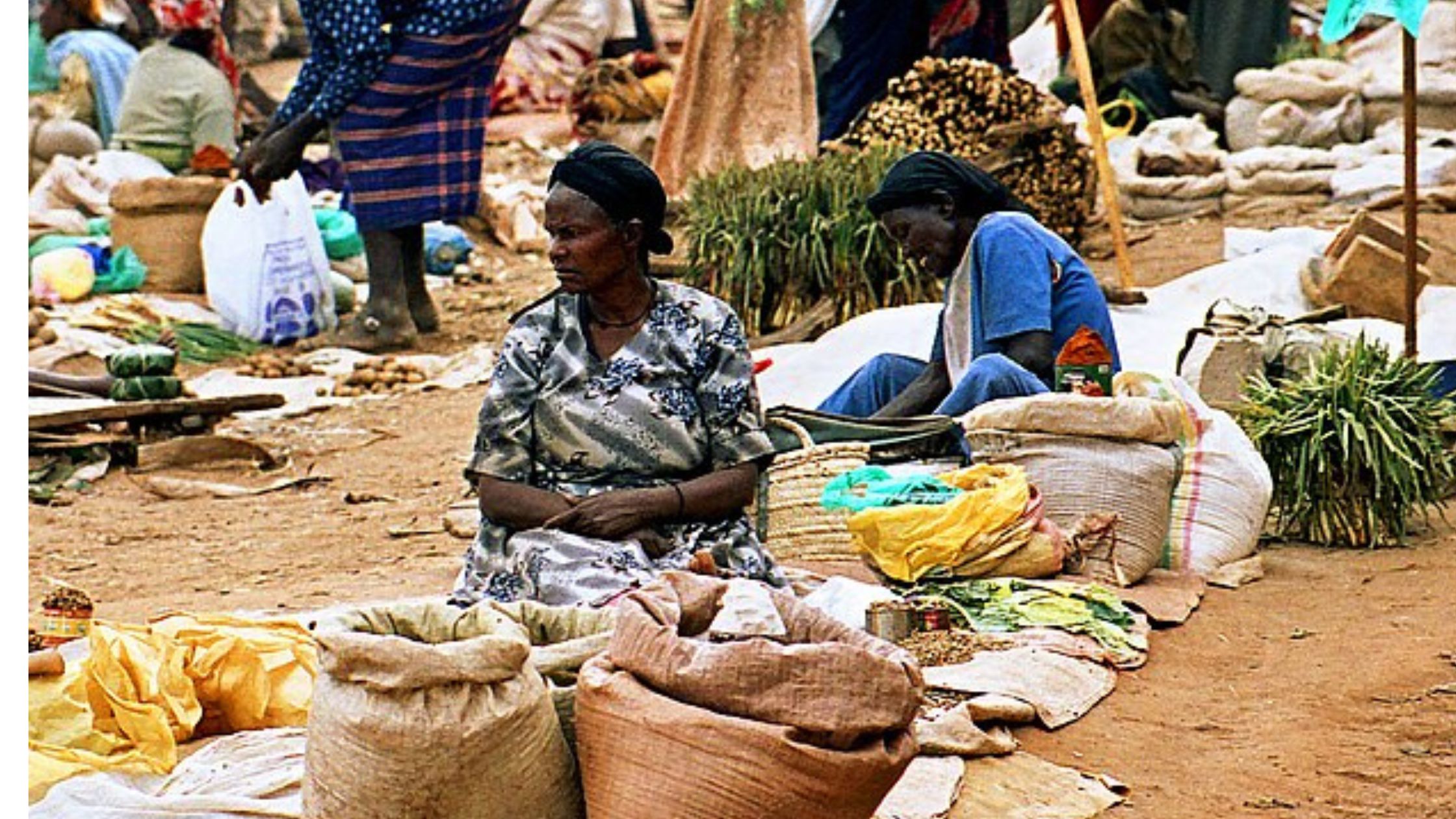In a quiet neighborhood in Lagos, Nigeria, what used to be a rotting garbage dump is now echoing with the sound of children laughing, thanks to the determination and creativity of a 17-year-old girl named Amara Nwuneli. What started as a school project has become a globally recognized symbol of youth-driven environmental action. Earlier this year, Amara was announced as the winner of the 2025 Earth Prize, a prestigious international award given to young environmental changemakers who combine innovation with impact. Her story didn’t begin with any fancy lab or massive budget—it began with frustration, a walk past a mountain of waste, and a burning need to do something.
Amara had passed the same dumping ground for years. It sat in the middle of her community, filled with old tires, broken furniture, bottles, bags, and rusted metal. The stench was constant. Mosquitoes swarmed. Children had no clean space to play. The adults had given up trying to clear it. But Amara saw a different possibility—she imagined that same space as a playground. Not just cleared, but completely transformed. She gathered friends and schoolmates, pitched the idea to her teachers, and even knocked on doors in her neighborhood to get support. Then she got to work.
With help from local artisans, the team began collecting and sorting waste. Tires became swings and climbing walls. Discarded plastic was melted and molded into benches and fence panels. Scraps of wood were sanded down and painted into vibrant colors. What once was a no-go zone became a beacon of pride. Families came out to volunteer. Children pitched in to paint. The entire neighborhood watched as the dump turned into a destination.
When she applied for the Earth Prize, she didn’t think she’d win. But her project stood out—because it wasn’t just about recycling. It was about healing a place and giving it back to the people who lived there. It was about turning shame into pride. The prize came with $100,000 in funding, which Amara says she will use to replicate the project in at least five more neighborhoods across Nigeria. She’s also working with local officials to create a toolkit that other communities can follow.
At just 17, Amara is proving that environmental work isn’t only about saving the planet in some abstract future—it’s about making life better right now, in places that are too often overlooked. Her story is a reminder that some of the biggest changes start with a simple question: “Why not here?” And more importantly: “Why not me?”








Leave a Reply